Eurovision’s one hit wonders singing their way to fleeting fame
Some found fame and fortune but others were less fortunate, dropping out of the sight once their time in the Eurovision spotlight was over.
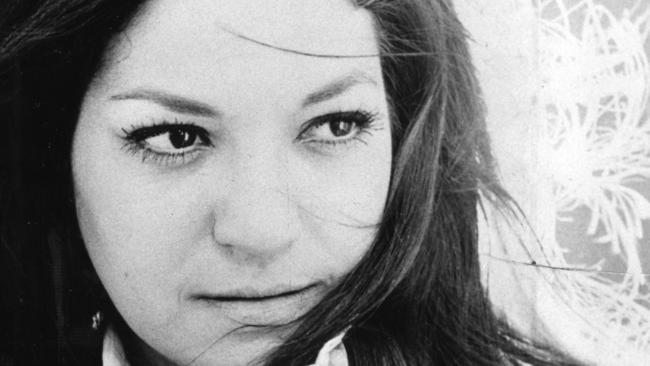
Today in History
Don't miss out on the headlines from Today in History. Followed categories will be added to My News.
If Australian finalist Guy Sebastian wins Eurovision this weekend he will join a list of more than 60 past winners and gain fame — at least in Europe.
Winning the Eurovision Song Contest doesn’t always guarantee global fame. While, in Australia at least, the names ABBA, Celine Dion, Brotherhood Of Man, Lulu, Conchita Wurst and to a lesser extent Bucks Fizz still mean something, few people here, beyond diehard Eurovision fans, would be able to name the first winner of the contest, nor many other winners before ABBA raised the profile of the contest in 1974.
The first winner was Lys Assia, a Swiss singer who was already huge in Europe. After Eurovision she went on to perform for royalty and sold millions of records worldwide.
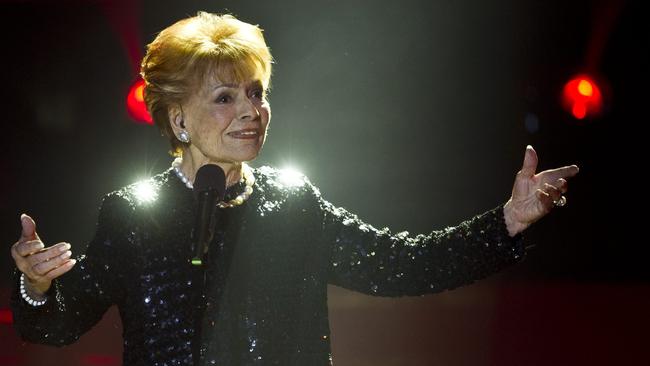
Born Rosa Mina Scharer in Berne, Switzerland in 1924, she started out as a dancer but found her calling as a chanteuse after filling in for a singer who had gone missing before a show.
It was a wise career move. In the 1950s she had big hits with songs such as O Mein Papa, making her a star in Germany as well as her home country. Her English language version of her hit, Oh My Papa, was also released in Australia, making her a familiar name here for a time.
At the first Eurovision contest, in 1956, she represented two nations: Germany and Switzerland.
Her German song didn’t do well but her Swiss song, Refrain, took out the prize. Her career continued to power on after her win, with more hits, film appearances and concert tours, and she always maintained a strong connection with the competition. She turned 91 earlier this year.
The name Corry Brokken is another forgotten one on this side of the planet. The Dutch singer, who was already a big name in European pop, contested Eurovision in 1956, won the 1957 competition but came last defending her title in 1958. She went on to a career as a TV presenter in the ’60s, but in 1976 left her entertainment career to study law. She returned to Eurovision to present on occasion and in the ’90s returned to performing and recording.
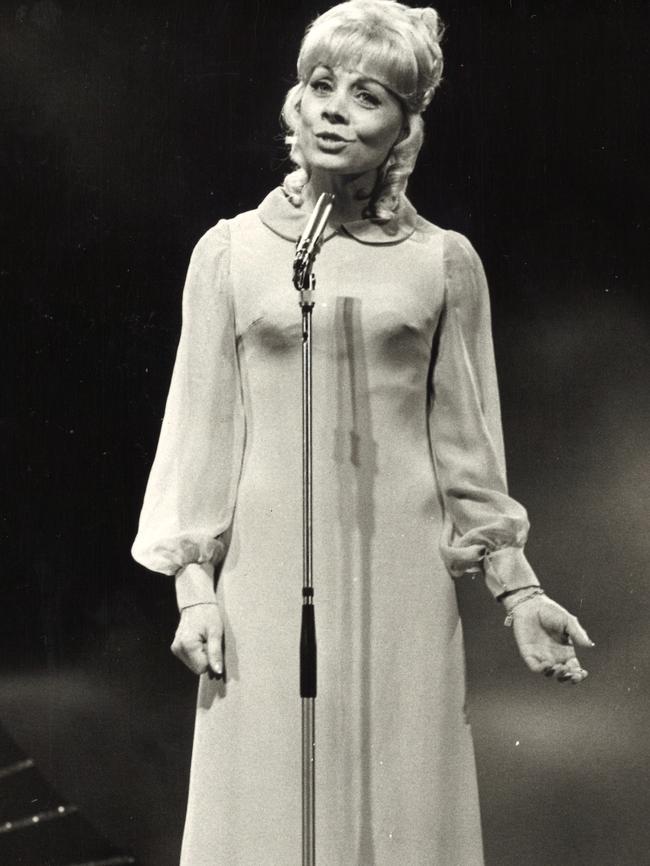
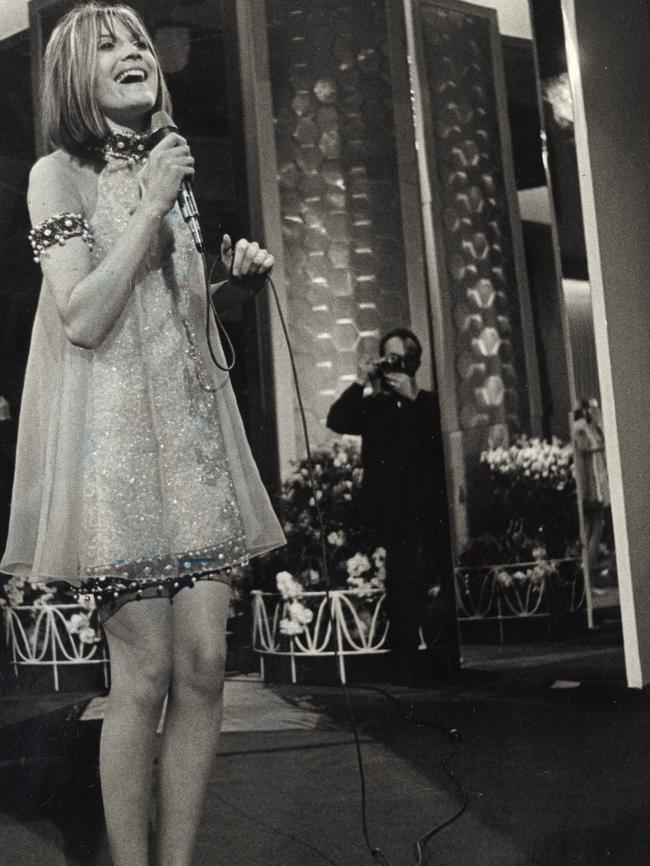
Veteran French singer Andre Claveau was the man who beat Corry in 1958. Born in 1915 he had his first hits in France in the ’30s, was still popular in the ’40s and ’50s and his Eurovision win helped extend his career into the ’60s and 70s. He died in 2003.
The 1962 winner Isabelle Aubret, born Therese Coquerelle in 1938, had been a promising gymnast before turning to singing. Her Eurovision win gave a huge boost to her career but a serious car accident in 1964 temporarily hindered her rise. After a triumphant return to the stage in 1965 she became a national hero and has been performing and recording ever since.
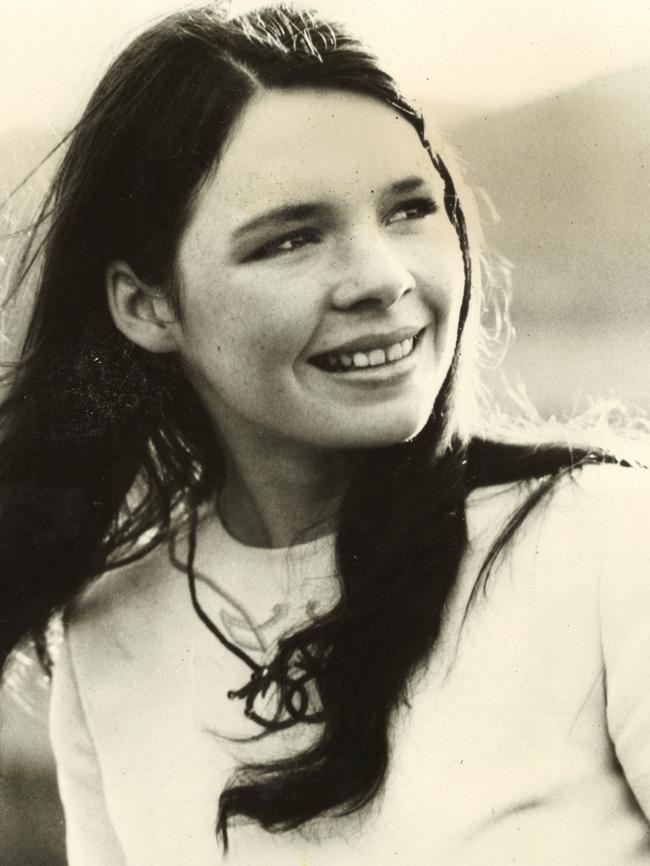
Irish pop singer Dana Rosemary Scallon, known simply as Dana, was only 18 when she won Eurovision in 1970. Her winning song, All Kinds Of Everything, was a No.1 hit and it kicked off a long career in music. In the ’90s she moved into politics, sitting in the European Parliament from 1999 to 2004 and also running unsuccessfully for president of Ireland.
A more familiar name is Sandie Shaw, who had already had a UK No.1, Always Something There To Remind Me, in 1964 before she was enticed to sing Puppet On A String at the 1967 Eurovision Contest to revive a flagging career.
She didn’t like the song but it won her the competition and boosted her career.
In the ’70s she retired from the pop scene to pursue other interests including stage productions and writing children’s books.
She lated studied as a psychotherapist and sued record producers for control of her back catalogue.
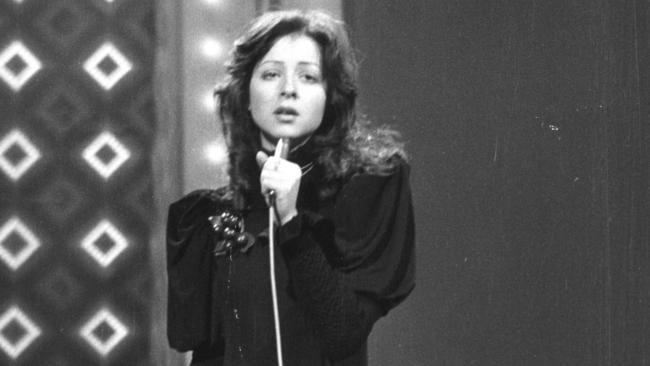
EUROVISION’S FORGOTTEN WINNERS
French actress Jacqueline Boyer won in 1960. Her father Jacques Pills came last in 1959.
French comedian, one time fashion designer for Dior and singer Jean-Claude Pascal won the 1961 competition. He returned in 1981 to try again but came 11th.
Married Danish couple Grethe and Joergen Ingmann won in 1963. Joergen had had a 1961 No.1 hit in the US with his cover version of Apache. They divorced in the 70s, Grethe died in 1990 and Joergen in 2015
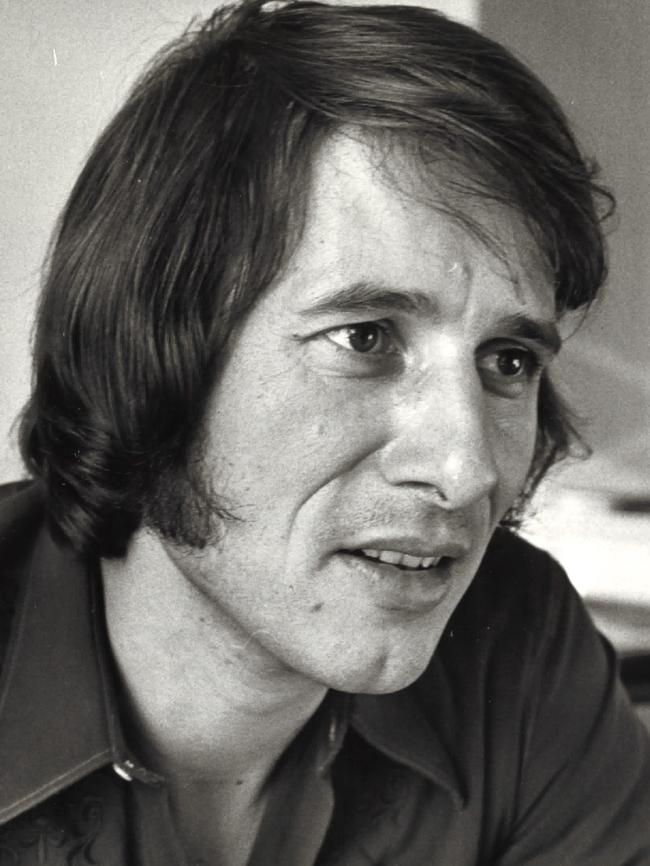
Austrian Swiss composer Udo Jurgens won in 1966. Already well known in the industry as a singer and composer he remained popular in Europe until his death last year. His songs were used in a 2007 jukebox musical Ich war noch niemals in New York (I’ve Never Been to New York)
French singed Frida Boccara shared joint first place in 1969 with Lulu, Lenny Kuhr and Salome. She continued singing and died at 55 in 1996.
Greek singer Vicki Leandros won worldwide fame in 1972 by winning Eurovision, making her a best-selling artist. She is still performing and producing her own records.
Originally published as Eurovision’s one hit wonders singing their way to fleeting fame



